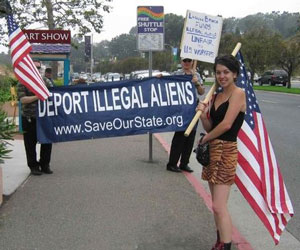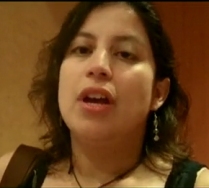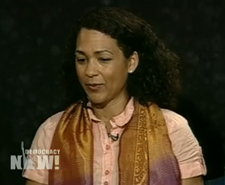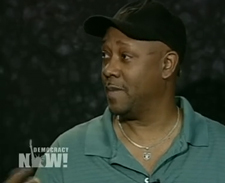Today we wanna remind everyone of the screwed up law that went into effect in Arizona. We’re talking SB1070 and regardless how you may feel about immigration, the purpose of this law is not to stop folks from coming in this country. Its designed to make lots of money for the private prisons which are publicly traded and further the political careers of the far right Neo-Nazi wing nuts who crafted it. People think that the law will somehow catch lots of undocumented folks hanging out in Arizona and no doubt there will be some that are caught.
However, the way the law will work is that police will look for the slightest infractions to pull you over and start jamming you up. At which point they’ll check to see not only if you are a US citizen, but will also check for everything else. This is on top of the slight infraction they stopped you for in the first place. It’s a page taken right off the policy used by former NY Mayor Rudolph Giuliani. His tactic was called the Broken Window theory. He felt if you attack the small problems the bigger ones will disappear. In other words jam up people for minor infractions and it will make it too difficult to do something major. Most law enforcement folks say it doesnt work and it only leads to mass arrests because it becomes a numbers game.. hence the economic benefit to private prisons in Arizona.
Lastly because the major criticim to SB 1070 is that it will leasd to racial profiling, in order not to appear bias, expect Arizona police to start jamming up everyone if for any reason just to prove the point that they are being even handed. They may use the excuse that an American citizen is harboring undocumented folks. There’s no doubt that after attending the ACLU Roundtables on Government informants that the police will use the tactic of stopping US citizens on small infractions and in ezxchange for letting them go ask for the names of suspected undocumented folks which will allow them to make the case tbhat they had ‘reasonable suspicion’. We dedicate todays show to those who are on the frontlines fighting SB 1070.
Click the link below to HEAR the show
http://www.alldayplay.fm/episodes/episode-26-give-you-news-arizona-part-1
01-Davey D- ‘Dedicated to Arizona Speech mix’
02-Olmeca-‘Piece of Me’
03-Click tha Super Latin ‘Get Live’ rmx
04-Ozamatli ‘Eva’
05-Antibalas ‘Battle of the Species’ (Al Sharpton rmx)
06-Kenna ‘Games You Can Win’
07-Labtekwon ‘Break It Down’
08-Dessa ‘Chacone’
09-Menahan Street Band ‘Tired of Fighting’
10-Deuce Eclipse ‘Mi Viejo’
11-Sharon & the Dap Kings ‘Stop Paying Taxes’
12-Word Burgular ‘The Route’
13-Brand New Heavies ‘I Don’t Know Why I Love You’
14-Brand New Heavies ‘We Can’t Stop’
http://www.youtube.com/watch?v=5s8jgZUgGpg
http://www.youtube.com/watch?v=ZJik5-GMF4M










